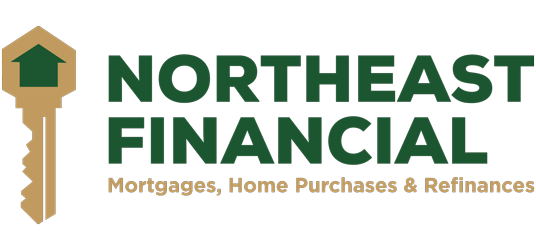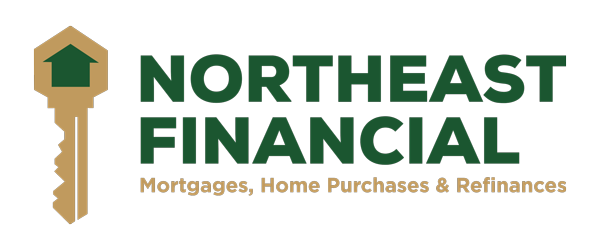
Self Employed Mortgage Loans
Several years ago it was very easy for people that were self employed to obtain a mortgage. If the borrower showed a strong annual income and assets then getting a conventional or FHA loan was relatively easy. Also several years ago there were programs that really catered to self employed mortgage loans. This was done by offering “Stated” Residential Mortgages or “No Income No Assets” (also referred to as NINA) Loans. Whereas conventional and FHA mortgages still exist, presently Stated Loans and NINA loans are a thing of the past.
So the self employed borrower now only has one real avenue to purchase or refinance a residential property in Connecticut. One of the issues that the self employed go through is showing 2 years of positive cash flow. W2 borrowers are pretty much “cut and dry” when showing what their gross income is. But, self employed borrowers have a much different plight. When considering depreciation, company losses, and funds paid back to the business owner it can be confusing. Underwriters take not a stern but an exhaustive look on business returns to justify/qualify doing a mortgage for these borrowers.
So what should a self employed borrower do when seeking to do a mortgage?
The first advice I will give is that you should talk to your CPA or Accountant. Let them know that you are going to be seeking a mortgage. Ask them to help compile your last two years of business and personal returns. You will also nee and an up to date P+L statement. You should also ask them if they would mind making themselves available to speaking with your mortgage loan officer. This will assist in clarifying any questions they have on your financials.
Open dialogue is very important with your CPA/Accountant and your mortgage professional. In June of 2014 I closed a home purchase that had been previously turned down in underwriting by a local Connecticut Bank. The client had really good credit and owned 4 companies where most of the companies had a daunting amount of depreciation or losses and one 1 company was doing very well. On its surface the file looked very complex and as though the client was showing negative income for the last year.
I asked the client’s permission to speak to his accountant. After one meeting we were able to break everything thing down to balance out his DTI (Debt-to-Income Ratio) and show proof of his positive earnings. If the previous mortgage company had bothered to ask about percentages of ownership in each of the companies and sat with the client’s CPA then they could have closed it. They would have realized that the client in fact had very strong earnings over the last 2 years on their 1040 and business tax returns. It was just simply a lot to digest.
Underwriting Guidelines
Another thing that self employed borrowers should do is be mindful that all mortgage companies are going to “source and season” all large deposits on the bank statements. Source and Season is exactly what is sounds like. Lenders want to see funds in the account for at least two months and will need to show where all large deposits come from. So be prepared to supply a lot of information (and be prepared that sometimes the information you provide will lead to more questions).
Be proactive with this underwriting guideline and have two months of bank statements ready from any account you are using to qualify for your mortgage. Look over your bank statements ahead of time. If you had transferred money from another bank account be able to provide two months of statements from that account as well. If the funds were deposited as a business gain then be prepared to show that this was company revenue that led to the large deposit.
Credit Scores
Finally, self employed borrowers need to be mindful of what their credit score is. Many self employed borrower, especially in start ups, have to leverage debt where they can in order to grow their company. Even if you pay all of your bills on time, you may be at your credit capacity. Which can gradually begin lowering your credit score. A good loan officer can usually advise you on what to do in order to help raise your score in a short period of time.
My name is Michael Meyer and I am with Northeast Financial located in Middletown, CT. If you are a self employed borrower looking to purchase a home or refinance your existing home I would like to help you. Please call me today for a free consultation.
Thanks,
Michael Meyer
Senior Vice President of Northeast Financial
NMLS#117875
Mike@northeast-mortgage.com
860-876-0572
210 S. Main St Middletown, CT 06457
NMLS#117273
http://www.zillow.com/profile/MichaelMeyer8/
https://www.linkedin.com/company/north-east-financial
https://www.facebook.com/pages/Northeast-Financial-Mortgage/143761005796033
Residential Clients: Click Here For Application


